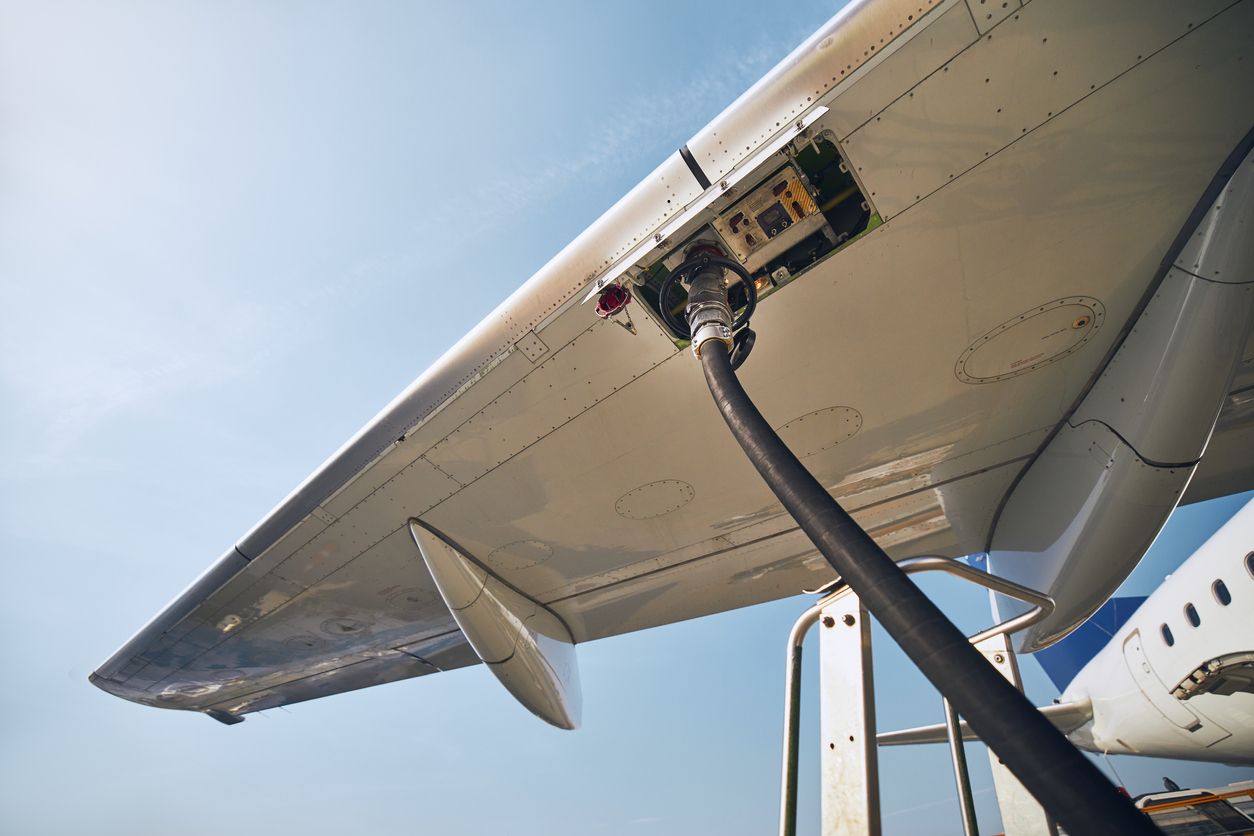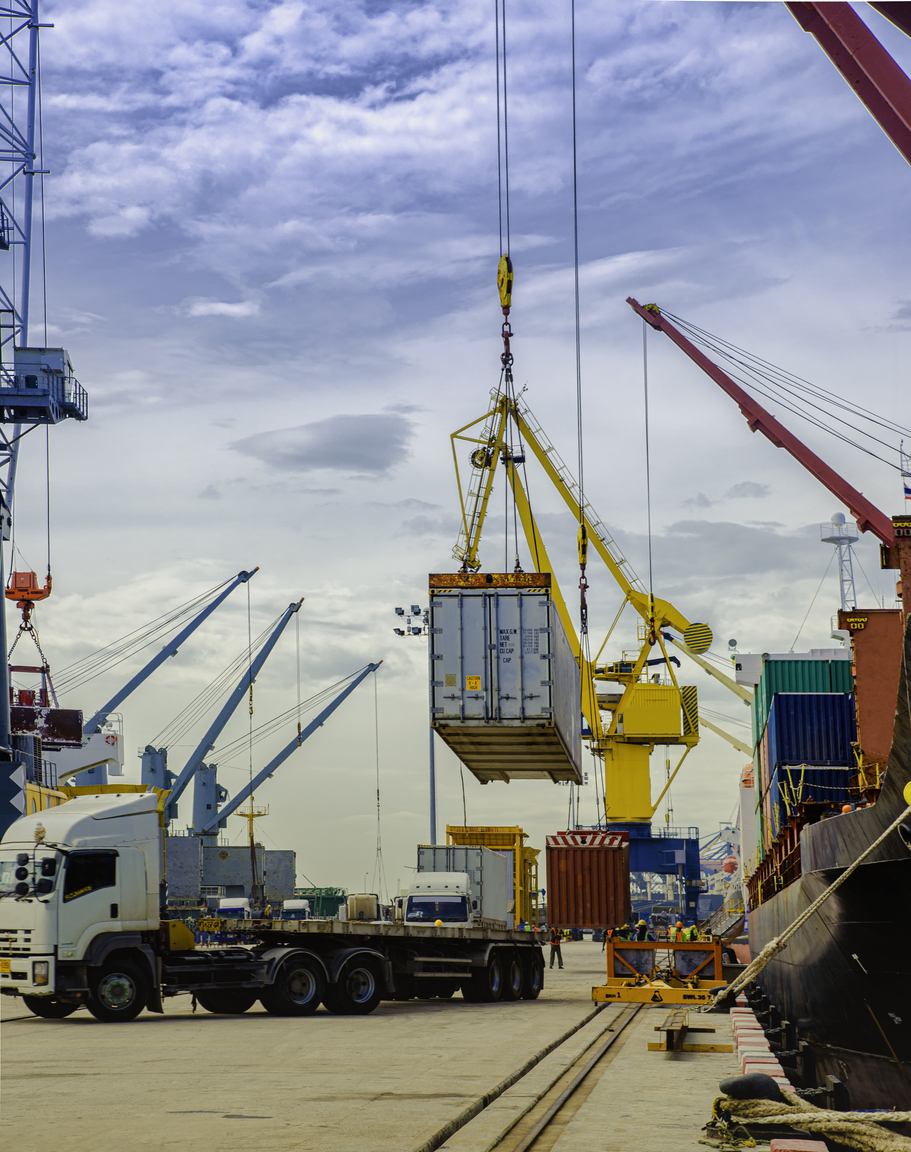Exploring the Global Network of Jet Fuel Suppliers: Wigmore Trading’s Role in Facilitating Aviation Fuel Supply
Exploring the Global Network of Jet Fuel Suppliers: Wigmore Trading’s Role in Facilitating Aviation Fuel Supply
Are you ready to embark on a journey through the intricate web of jet fuel suppliers that keeps our skies soaring? Look no further than Wigmore Trading, the unsung hero behind the scenes of aviation fuel supply. In this blog post, we will delve into the fascinating world of global networks and unveil how Wigmore Trading plays a pivotal role in ensuring planes take off smoothly and safely. Get ready for an eye-opening exploration of an industry that fuels our passion for flight!
Introduction to the Global Network of Jet Fuel Suppliers
The global aviation industry is a vast and complex network that relies heavily on the efficient supply of jet fuel. Jet fuel, also known as aviation turbine fuel (ATF), is a specialized type of petroleum-based fuel that is designed specifically for use in aircraft engines. It is the lifeblood of the aviation industry, powering commercial airlines, cargo carriers, and military aircraft around the world.
In order to meet the demand for jet fuel, there exists a global network of suppliers who work tirelessly to ensure that airlines have access to this vital resource. This network consists of various players including refineries, traders, brokers, and logistics companies. Each plays a crucial role in facilitating the supply chain of jet fuel from its source to its final destination – an airport.
Wigmore Trading Company is one such player in this intricate web of jet fuel suppliers. As a leading international energy trading company specializing in jet fuel supply and logistics management, Wigmore has established itself as a key player in the global market. With operations spanning across multiple continents and decades of experience in the industry, Wigmore has developed an extensive network of contacts and partnerships within the aviation sector.
At its core, Wigmore’s role as a supplier involves procuring large volumes of high-quality jet fuel at competitive prices from refineries worldwide. These refineries are responsible for processing crude oil into various refined products including gasoline, diesel, and jet fuel.
The Importance of Jet Fuel in the Aviation Industry
Jet fuel is a crucial component in the aviation industry, and its importance cannot be overstated. The safe and efficient operation of aircraft heavily relies on the reliable supply of high-quality jet fuel. In this section, we will delve into the various aspects that highlight the significance of jet fuel in the aviation industry.
1) Essential for Flight Operations:
The most obvious reason for the importance of jet fuel in the aviation industry is that it powers aircraft engines. Without an adequate supply of jet fuel, flights would not be able to take off or reach their intended destinations. Jet fuel is specially formulated to meet stringent safety and performance standards, making it a vital component in flight operations.
2) Safety:
Safety is paramount in the aviation industry, and this extends to all aspects, including jet fuel. Aircraft engines are designed to run on specific types of jet fuel, and any deviation from these specifications can have disastrous consequences. Jet fuel suppliers play a critical role in ensuring that only approved and quality-tested fuels are delivered to airlines around the world.
3) Efficiency:
With increasing competition and rising costs in the aviation industry, efficiency has become more important than ever before. Airlines are constantly looking for ways to reduce their operational expenses without compromising safety or service quality. Jet fuel suppliers like Wigmore Trading help facilitate this by providing competitive pricing for high-quality jet fuel, enabling airlines to operate efficiently while keeping costs under control.
Understanding Jet Fuel Grades: JP54 and Jet A1
When it comes to jet fuel, there are two main grades that dominate the global market: Jet A1 and JP54. These grades are crucial for the aviation industry as they power commercial and military aircrafts around the world. Understanding their differences and characteristics is key for anyone involved in the jet fuel supply chain.
Jet A1, also known as Aviation Turbine Fuel (ATF), is the most commonly used grade of jet fuel globally. It is a clear, colorless liquid with a flash point of above 38°C (100°F). This high flash point makes it safe to handle and transport, which is essential for its use in aviation. Jet A1 has a specific density of around 0.8 kg/l at 15°C, making it less dense than water.
On the other hand, JP54 stands for “Jet Propulsion, A-1 Grade 54”. It is a type of kerosene-based jet fuel that is primarily used in Russia and some other countries in Asia and Europe. Unlike Jet A1, JP54 has a lower flash point of -23°C (-9°F) and a higher specific density of around 0.82 kg/l at 15°C. Due to these different specifications, JP54 cannot be mixed or blended with Jet A1.
One significant difference between these two grades of jet fuel lies in their production process. While both Jet A1 and JP54 are derived from crude oil through fractional distillation, JP54 requires additional steps.
Wigmore Trading: Who We Are and Our Role in Facilitating Aviation Fuel Supply
Wigmore Trading is a leading global trading company that specializes in the supply and distribution of aviation fuel. We have been operating in this industry for over 20 years, establishing ourselves as a reliable and trusted partner for airlines, airports, and other stakeholders in the aviation sector.
Our primary role is to facilitate the smooth supply of jet fuel to meet the ever-growing demand from the aviation industry. As a major player in the global market, we understand the critical role that reliable fuel supply plays in keeping airlines operational. That’s why we have built our business on providing efficient and cost-effective solutions to ensure uninterrupted access to high-quality jet fuel.
One of our key strengths is our extensive network of suppliers and partners across various regions around the world. This allows us to source jet fuel from multiple locations, ensuring a steady supply even during times of geopolitical or economic uncertainties. Our strong relationships with refineries, oil companies, and other suppliers enable us to secure competitive prices for our clients while maintaining quality standards.
At Wigmore Trading, we are committed to responsible sourcing practices and strictly adhere to all local regulations and international standards for aviation fuel quality. Our team includes experienced professionals who are well-versed in handling complex logistics involved in transporting large quantities of jet fuel safely and efficiently.
In addition to supplying traditional fossil-based fuels such as Jet A1 or Jet A-1/JP54, we also offer sustainable alternative fuels like bio-jet fuels sourced from renewable sources such as biomass or waste cooking oils.
How We Partner with Reputable Jet Fuel Sellers to Ensure Quality Supply to Buyers Worldwide
At Wigmore Trading, we understand the importance of ensuring a consistent and reliable supply of jet fuel for our clients in the aviation industry. That’s why we have established strong partnerships with reputable jet fuel sellers around the world to ensure that our clients have access to high-quality fuel at all times.
We take great care in selecting our partners, as we believe that the quality of our suppliers directly affects the satisfaction and success of our clients. This is why we only work with sellers who have a proven track record of providing top-notch jet fuel and adhere to strict industry standards.
Our selection process involves thorough research and evaluation of potential suppliers, including their reputation in the market, their capabilities and infrastructure, as well as their commitment to sustainability practices. We also consider factors such as their financial stability and ability to meet demand fluctuations.
Once we have identified reputable jet fuel sellers who meet our stringent criteria, we enter into strategic partnerships with them. These partnerships are built on mutual trust, open communication, and a shared commitment to delivering exceptional service.
Through these partnerships, we are able to secure competitive pricing for our clients without compromising on quality. Our global network of jet fuel suppliers ensures that we can fulfill orders from anywhere in the world promptly.
Moreover, working closely with trusted suppliers allows us to stay updated on market trends and changes in regulations that may affect the availability or price of jet fuel. This enables us to proactively address any potential issues before they impact our clients’ operations.
The Process of Procuring Jet Fuel from Wigmore Trading: From Request to Delivery
The process of procuring jet fuel from Wigmore Trading involves a series of steps that ensure efficient and timely delivery of aviation fuel to its clients. From the initial request to the actual delivery, Wigmore Trading follows a well-organized and streamlined approach to meet the diverse needs of its customers.
1. Understanding the Client’s Requirements: The first step in procuring jet fuel from Wigmore Trading involves understanding the specific requirements of the client. This includes factors such as type and quantity of fuel needed, delivery schedule, and any special requests or conditions.
2. Request for Quotation (RFQ): Once the client’s requirements are clear, they can send an official request for quotation (RFQ) to Wigmore Trading. This will include details such as flight schedules, destination airports, and expected fuel consumption.
3. Negotiation and Agreement: After receiving the RFQ, Wigmore Trading’s team will review it thoroughly and negotiate with their network of suppliers to get competitive pricing for the requested jet fuel. Once an agreement is reached with a supplier, it will be communicated to the client along with all relevant details such as price per gallon/liter, terms and conditions, delivery schedule etc.
4. Placing an Order: Upon finalizing all aspects with both parties -the supplier and the client -an official purchase order is issued by Wigmore Trading to initiate procurement.
5. Fuel Sourcing: As part of their extensive global network, Wigmore Trading sources jet fuel from multiple suppliers around the world.
Challenges Faced in the Aviation Fuel Supply
Challenges Faced in the Aviation Fuel Supply:
While the aviation industry is constantly expanding and evolving, there are several challenges that arise in the supply of jet fuel. These challenges can have a significant impact on airlines, airports, and fuel suppliers alike. In this section, we will discuss some of the major challenges faced in the aviation fuel supply chain.
1. Volatility of Oil Prices:
The price of jet fuel is largely dependent on global crude oil prices, which can be highly volatile. This makes it difficult for airlines to accurately forecast their fuel costs and plan their budgets accordingly. Fluctuations in oil prices can also lead to uncertainty for both fuel suppliers and customers.
2. Infrastructure Limitations:
One of the major challenges faced by jet fuel suppliers is limited infrastructure at airports. This includes storage facilities, pipelines, and efficient refueling systems. With an increasing number of flights and larger aircrafts being used, existing infrastructure may not be able to keep up with demand leading to long waiting times for refueling.
3. Seasonal Demand:
The demand for jet fuel varies significantly throughout the year due to seasonal factors such as weather conditions and holiday travel periods. This creates a challenge for suppliers who must anticipate these fluctuations and manage their inventory accordingly.
4. Quality Control:
Jet fuel must meet strict quality standards set by regulatory bodies such as ASTM International and IATA (International Air Transport Association). Any deviation from these standards could result in serious safety risks for aircrafts and passengers.








Comments are closed.